Mallorca is the main island of the Balearic Islands with its capital at Palma. There are frequent flights to the islands, both scheduled and charter, from many airports in the UK.
Property in Palma
Palma is abundant with a variety of real estate, from large villas to studio apartments, and newly-built townhouses to old seignorial manors. Palma is a major seaside town with a port and yacht harbour and ferry sailings to the mainland, including Alicante, Valencia and Barcelona and also Ibiza and Menorca. The Paseo Maritimo is the main road along the harbour edge, and roads lead off this to the main shopping centre and the historic sector of the town.
As well as many excellent shops, Palma has the Auditorium famous for its concerts, very many good hotels and restaurants, bars and nightclubs, and a great many painters. The airport is just over ten minutes drive from the Paseo Maritimo, making Palma one of the easiest towns to reach from its airports. Immediately to the east of Palma lies the holiday resort of Arenal while to the west are the resorts of Cala Mayor, Illetas, Portals Nous, Palma Nova and Magalluf among others. Buying property in Palma means that amenities and a good quality of life are never far away.
Property in other areas of Mallorca
Away from these resorts, though, Mallorca still retains a very considerable charm and the interior especially remains almost unchanged with its centuries-old traditions of farming and fruit-growing. The scenery is most attractive and along the north coast, stretching right along the island from Puerto Andraitx in the south-east to Formentor in the north-east, is a magnificent mountain range with very steeply sloping roads down to the north coast resorts such as Puerto de Soller. High in the mountains lies Valldemosa, one time home of Chopin.
1. Putting down a Holding Deposit
On finding a property you wish to purchase you will need to negotiate the terms, price and conditions of the sale with the owner. This part of the process is not binding. We would recommend using an independent English speaking legal advisor. Once a purchase price has been agreed, normally a holding or reserve deposit will be required to ensure the property is removed from the market. The sum required will vary between properties and will be based on the purchase price. A time limit for the preagreement to be signed will be arranged and there will also be legal checks to be made.
2. Setting up a Pre-agreement (Contrato privado de compraventa)
The pre-agreement will set out the conditions under which the Buyer and Seller agree to complete the purchase of the property and the price they have agreed upon. Relevant details will generally be included for example the property details, purchase price and the date for completion. A deposit will be required at this point, this will vary, but will generally be 10% of the agreed price. This agreement will include a penal clause if the sale does not go through. If the seller pulls out of the sale your compensation will be double the deposit you have paid, but if you decide not to go through with the sale then your deposit will be lost. Certain checks will need to be made before signing the contract, checks should be made against the title of the property, mortgage status and if the property has any debts held against it. The planning status should also be looked into. These conditions can be varied by the seller and the buyer and other types of agreement can be made.
3. The Contract (Escritura de compraventa)
Before a non-Spanish purchaser can buy a Spanish property they will need to have set up a Spanish bank account and obtained a Spanish tax number (NIE). The completion will take place in the presence of a Notary Public. This is a Spanish public official, by law the deed of sale must be witnessed by a Notary Public. You will also need your own independent, expert legal advisor to act on your behalf. On Completion the buyer must pay the balance, that is the price agreed after the deposit has been deducted, plus any other fees on the completion date. Both buyer and seller must sign the Escritura de compraventa contract, (this is the Spanish equivalent of the title deeds). The title deeds (escritura) will be given to the buyer, this will be done in the presence of a Notary Public, they will certify that the transfer has taken place. The tax office will be sent a copy and the property registry will be informed of the transfer.
Meet Trinidad Moreno our agent in Mallorca.
Current State Of The Market
Q. What is the current state of the local market?
A. It is very low, last year the invoices went up a little bit, four of our English clients didn’t get their properties because the Spanish banks wouldn’t give them any credit.
Q. How have sales performed since 2008
A. 2008 to 2012 were generally awful years for the local market, but, we made good sales in 2009 and 2010, so for us they were good. 2011 and 2012 were really awful for us. Last year was good and we started to make sales.
Q. Which types of property are not selling?
A. Mallorca property that is not in the Old Town is not selling.
Q. Is Majorca a buyer's or seller's market?
A. 100% a buyers market.
Q. Which type of property is most popular?
A. Mallorca property in Palma old town, is popular and any property of good quality with a terrace. Properties with sea views are selling. Good quality properties in the countryside are selling, but only if they have a good price.
Who Is Buying?
Q. What nationalities are driving the Majorca buyers market?
A. We sell to the Norwegians and the Swedish. The Germans and English are not really buying, but last year we made some sales to English people, mostly people who had their own finance already in place. We have made some sales of €2,000.000 + properties to the Dutch. The Spanish market is reasonable, but only for investors, properties around €300,000 are being sold to investors for renting and shops are also popular.
Q. Are specific areas of Majorca popular with particular nationalities?
A. The British want to be in Palma Old Town, because they love it, but they are also buying by the sea. The Swedish are buying big Fincas in the countryside.
Q. Are clients buying as a single purchase or for a portfolio?
A. Most of the foreigners are buying one property as a second home. Some clients think they can buy two or three properties as holiday rentals but the law here is very tricky. (Further information regarding this is in the rental section of this interview).
Walkthrough Of The Different Areas
Q. Could you describe the different locations?
A. If you buy your property just to come on holiday in the summer you can buy anywhere on the island, if you intend to buy a property and spend 3 or 4 months in the winter then you need to be as near as possible to a city or a town.
In the winter the country areas are extremely dead. For example in Alcudia you will see nobody in the winter, even the supermarket is closed. If you go to Cala Millor it would be the same, everything is shut. You may find a chemist, but apart from that everything is shut.
Port d”Andratx is very international and up-market, there are lovely properties in the area. The port is a very attractive elegant old fishing port, which now has lot of great bars and restaurants. It doesn’t have a beach, so is not so popular for families with small children, but it’s very popular with the German and English markets and it’s only 25 km from Palma.
Calvia is a quiet old village and Bandinat is a lovely and lively area between Calvia and Palma. Palma it is very attractive town with a lot of café’s and restaurants. There is a Cathedral and a beautiful palace in the old town. There are narrow Moorish streets threaded through the old town it’s a lovely place to walk and you don’t need a car to get around.
Valdemosa and Deyá are lovely small old villages, they are very charming. Around the villages there are beautiful mansions which are hidden away in the forests. Many well-known people own houses in this area as they are very discreet and off the road. For example Michael Douglas has a house in this area but it is accessibly by a private road or the sea. There are also many wealthy business people who own houses in this area and around Pollenca.
Q. What types of property are available?
A. When we have a serious client we can usually find whatever type of property they are looking for.
Q. Are there any new developments or renovations?
A. Palma old Town has had extensive renovations and on the coast many of the properties have been upgraded. A law has been passed that specifies that you have to look after buildings. Buildings are inspected every ten years and you have to keep the buildings in proper shape, facades have to be renovated and properly looked after. They are now looking much better, for example you cannot even hang your laundry outside.
Help With The Buying Process
Q. What are the local annual Majorca property taxes?
A. You have the rates and dustbin collection. Rates are worked out by the town hall and will be calculated according to the value of your property. If you are a resident and living in your only property, then you will pay a very small property tax, if your property is a second residence, then you will pay more property tax. I would strongly advise clients to get a tax advisor. Every year they will have to fill up several forms to do with their tax returns on the property. If this tax return is not completed when the property comes to be sold the Notary will ask you to show that you have paid all your property taxes.
If you are non resident a 3% retention will be made when you sell a property. The purchaser will retain 3% and pay it to the tax office in the name of the vendor, then the vendor will have to reclaim it after they get a certificate from the tax office proving that they have paid all the taxes owing on the property.
If you are a resident in Mallorca you could be exempt from having to pay the 3% retention, but you have to prove to the tax office that you have paid your taxes, they will then give you a certificate that you will bring to the Notary and you don’t have the 3% retention.
Q. Should buyers get a full structural survey?
A. Generally speaking English people won’t buy a property without a surveyor and a lawyer. I would not normally recommend that clients get a full structural survey and if the building had got cracks or had obvious problems I would not take that property onto our books.
I have only asked for a surveyor once in my life, for an English woman who had died and the executors asked me to go and see it. There were cracks everywhere and I said fine I will take the property on but only if it has been seen by a surveyor. I sent in an English surveyor who found that the house was built on ground that was expanding and contracting with the weather. The house was 35 years old and the owners had ignored the cracks! When the house was sold the surveyors report was included with the deeds.
Q. Should buyers instruct a solicitor from their country?
A. Most English people want a solicitor, but with our system you do not need a solicitor and the person with the last word is the Notaire. A good estate agency like ours will do the checks on the property for you, the vendor is required to supply all the correct documents for the Notaire and we will check they are all in order.
Q. Do you have any inheritance tax advice?
A. If you have a property in Spain we strongly suggest that you make a will. If you have children then by law they are entitled to have a part of what you own. You cannot disinherit your child. With regards to your spouse if you are married in community goods then the property would be 50 – 50, if you are married in separate goods then if you die your children will inherited the property, but your spouse has got the right to use the property until she dies, when it will go to the children, unless she renounces her rights.
Q. Do you translate documents?
A. The title deeds are written in Spanish, we try to get lawyers that speak English so that the deeds will be read in English by the Notaire to the purchaser. If the clients want them to be translated, we can provide this service, but it is quite expensive.
Q. Are any of your Majorca properties leasehold?
A. All the properties are freehold.
Q. Can you recommend an insurance agent?
A. You have to open a Spanish bank account in order to purchase a property and our clients usually take the insurance that their bank suggests.
Maintenance and Renovations
Q. Do you have a maintenance team available?
A. We don’t have our own maintenance crew, but I can make recommendations.
Q. Do you recommend any local builders?
A. I can help with renovations and have done so many times, I am happy to recommend local builders. You can bring your own builders, but they have to be a proper company and they need to obtain a license from the town hall.
Visiting To View Properties
Q. Do you meet clients at your office or pick them up?
A. We prefer to meet at the office, but we often pick clients up from their hotels, we find it is generally better to take the client to the viewing rather than arranging to meet them at the property, especially if it is in the countryside.
Local Area Information
Q. What are your favourite weather months?
A. May and June are wonderful, July and August are hot and the beaches are full with a lively wonderful atmosphere, there are people around 24 hours a day and sitting out in the evenings, they are fantastic months, by September the island starts to feel more empty, but to me September and October are wonderful months the island is quiet and peaceful, the streets are empty, but it is still warm and you can get a table at a restaurant etc. with no problems.
Q. Do clients need to speak the local language?
A. No, most people here speak English.
Q. What are the crime statistics for the area?
A. There is virtually no crime on the island.
Q. What schools are there locally?
A. There are a lot of international schools, mostly they are in the South part of the Island, around Palma or Bendinat.
Q. What local places of worship are there?
A. There are mostly churches.
Q. What local healthcare is provided?
A. We have very good Hospitals, there are quite a few on the island plus private clinics.
Q. What days are national holidays?
A. 2014 Holiday Dates
January 01 New Year's Day
January 06 Epiphany
March 01 Day of the Balearic Islands
March 19 St Joseph's Day
April 17 Maundy Thursday
April 18 Good Friday
May 01 Labour Day
August 15 Assumption
November 01 All Saints' Day
December 06 Constitution Day
December 08 Immaculate Conception
December 25 Christmas Day
Q. What are your favourite restaurants?
A. My favorite restaurant is Flannigans, it’s great for Sunday lunch with the family. There is a lovely restaurant just around the corner from the office called Bodeda and in the old town La Lonja.
Q. What nightclubs do you recommend?
A. I don’t go to nightclubs, but if you are 18 like my kids you go to Tito’s and BCM.
Q. Which gym would you recommend?
A. There are quite a few, McFit, in Palma, is good.
Q. What leisure activities are popular?
A. There are plenty of golf clubs on the island and sailing is very popular with many sailing clubs around the island. In winter hiking in the mountains is very popular.
Q. Where are the best places to shop?
A. Palma is excellent for all kinds of shopping, my favorite shop is Roberto Verino.
Purchasing
Q. Are there any new transport links being constructed?
A. All the upgrades have been done.
Rental Market
Q. Are there any new laws restricting rentals in Majorca?
A. Yes, if you own a house and it is in it’s own grounds you can let it out. If you buy a flat and the flat is in a community then the community will forbid you to do holiday rentals. By law, in order for you to do holiday rentals in a community you have to have permission from all the owners of the other apartments. You also have to get a touristic license.
Sometimes a building that is split into flats will come up for sale, if you purchase the entire building then you could rent the flats out as holiday rentals as you would not require any permissions.
Q. Do you market rental property?
A. We deal with long term rentals, but not holiday rentals.
Q. What is the state of the local rental market?
A. The market is booming.
Q. Are rentals mainly for short term, long term or students?
A. We deal with rentals that are a minimum of six months.
Castles and Chateaux
Q. What is your estimate of the extra costs?
A. We only do rentals in the old part of Palma and occasionally by the seafront, generally our rentals are within a 13 kilometer radius of Palma.
View Properties
IMPORTANT - Disclaimer :
All information provided is believed to be current and provided free of charge. No liability can be accepted for the reliability of the information and statements made as this is obtained from 3rd parties. We always recommend you take legal advice from a fully qualified Lawyer or Notary before buying a property overseas.
Close
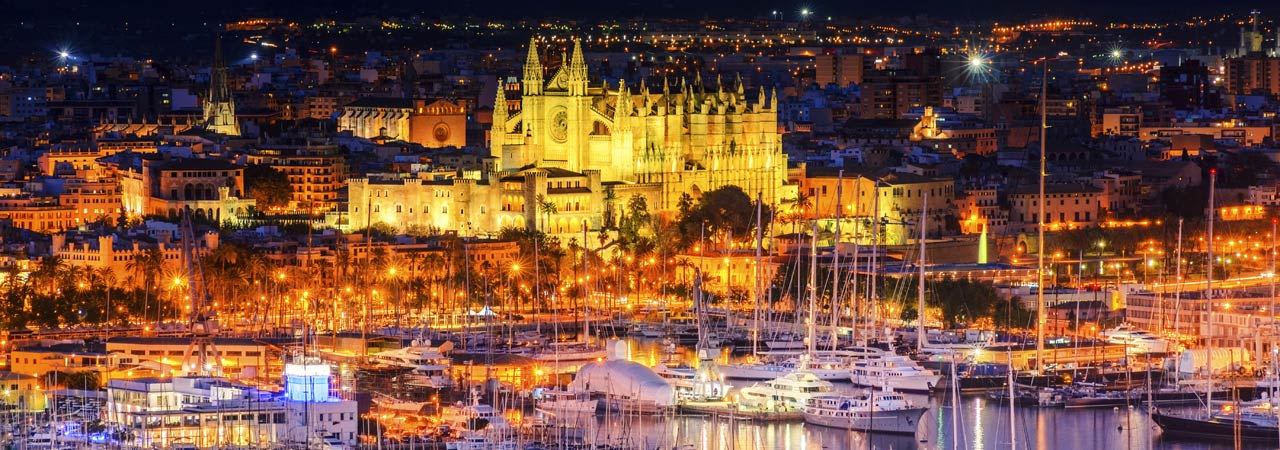



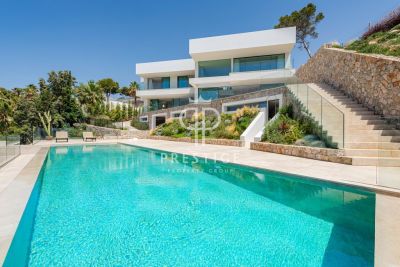






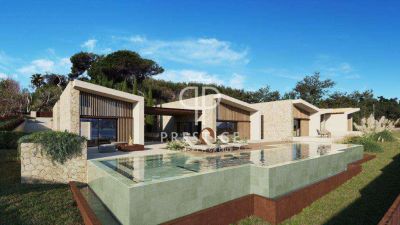
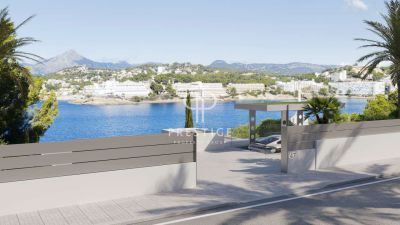









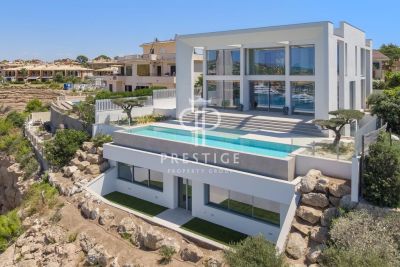


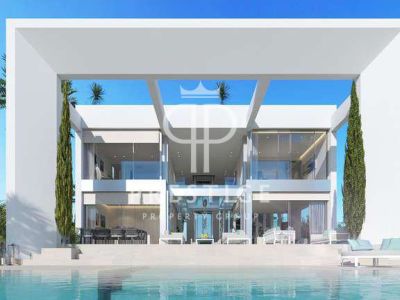
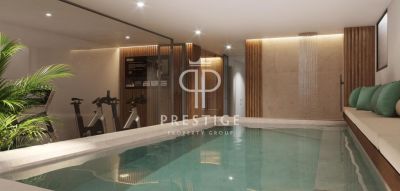
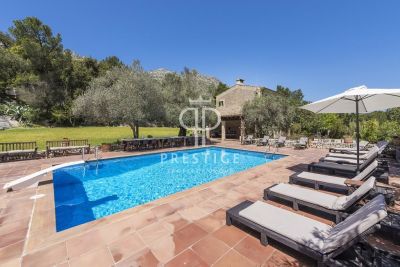




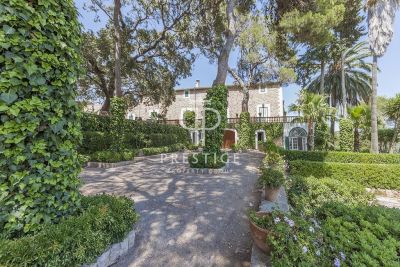

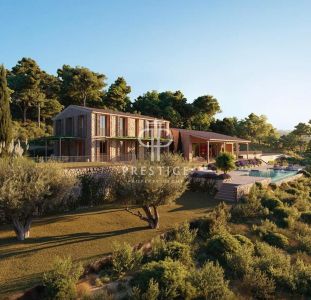
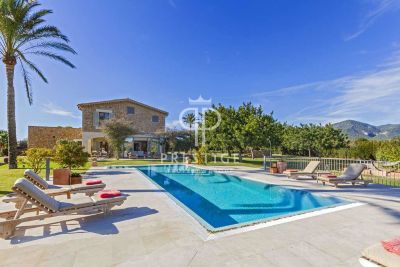

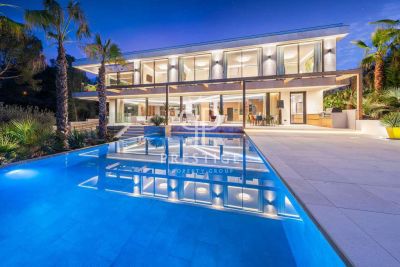
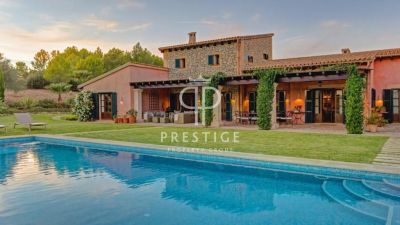


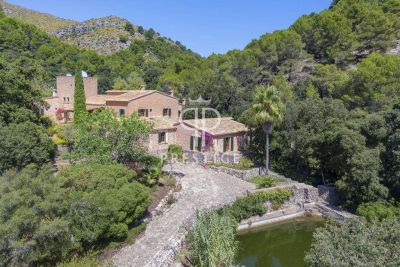

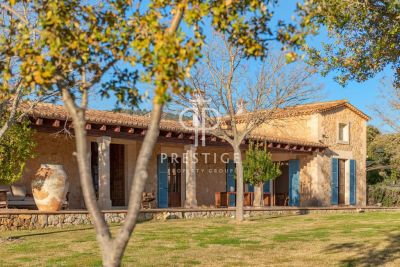



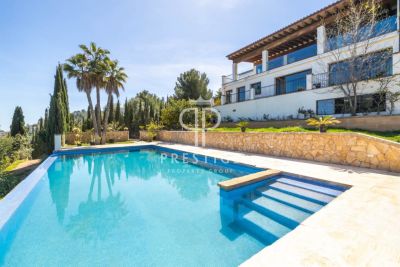






 Facebook
Facebook Twitter
Twitter Instagram
Instagram